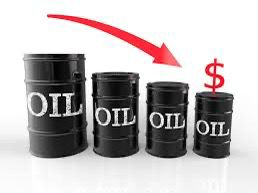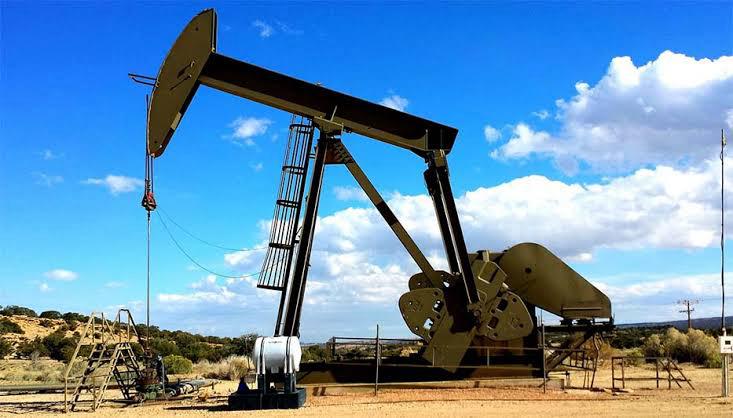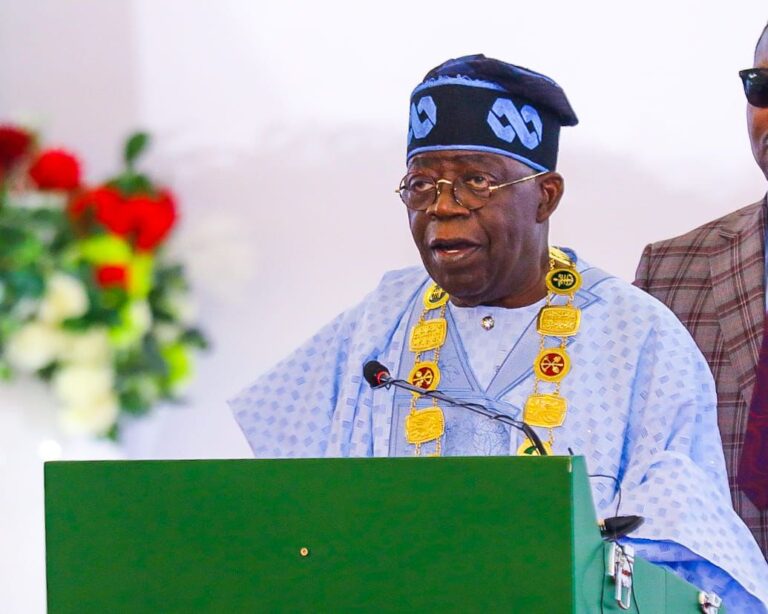Lagos, August 12 — Nigeria’s crude oil production witnessed a significant increase in July, surpassing the nation’s OPEC quota for the second consecutive month and providing a major boost to the country’s economic aspirations.
The improved output, largely credited to enhanced security measures and a new production drive, is seen as a positive step toward meeting the ambitious targets set in the 2025 national budget.
According to figures released by the Nigerian Upstream Petroleum Regulatory Commission (NUPRC), Nigeria achieved a peak daily production of over 1.8 million barrels per day (bpd) in July, with an average daily output hovering around 1.78 million bpd.
Similarly, the Organization of the Petroleum Exporting Countries (OPEC), in its latest Monthly Oil Market Report released on Tuesday, also confirmed Nigeria’s strong performance. OPEC’s data, based on direct communication with Nigerian authorities, reported an average daily production of 1.507 million bpd for July, a slight increase from the 1.505 million bpd recorded in June. Both figures place Nigeria comfortably above its OPEC quota of 1.5 million bpd.

A Push for Increased Output
The Commission Chief Executive of the NUPRC, Gbenga Komolafe, speaking at the Society of Petroleum Engineers (SPE) Nigeria Annual International Conference and Exhibition (NAICE) in Lagos, attributed the gains to the “Project 1 MMBOPD Incremental initiative.” This multi-stakeholder approach focuses on minimizing production disruptions, optimizing the Maximum Efficient Rate (MER) framework, and aligning operational shutdowns to maintain steady output.

The increase in production is also a direct result of intensified security operations in the Niger Delta, which have significantly reduced instances of crude oil theft and pipeline vandalism.
For years, these challenges, coupled with underinvestment, had severely hampered Nigeria’s ability to meet its production targets, straining public finances and foreign exchange earnings.












